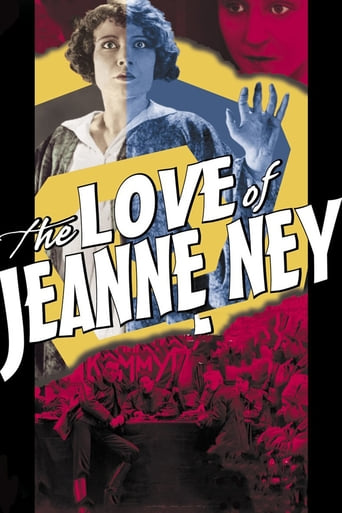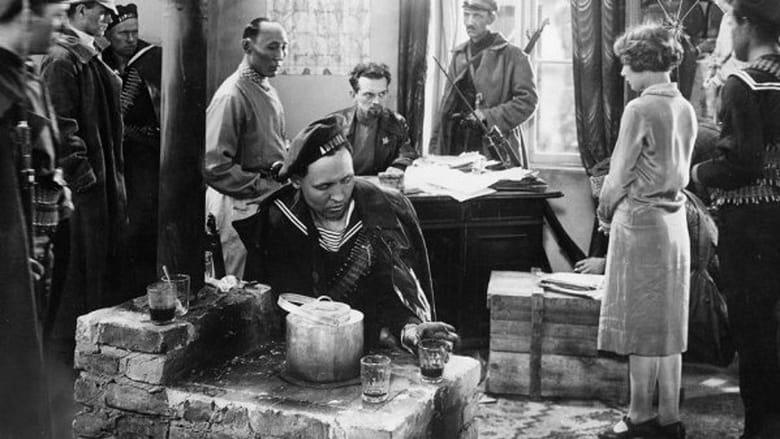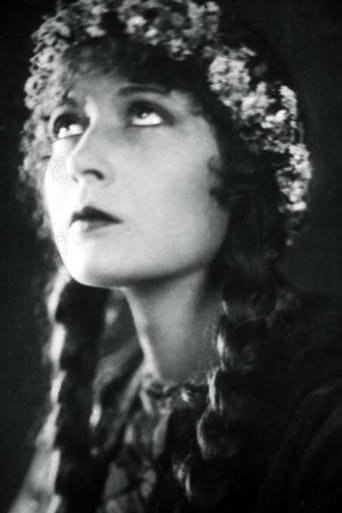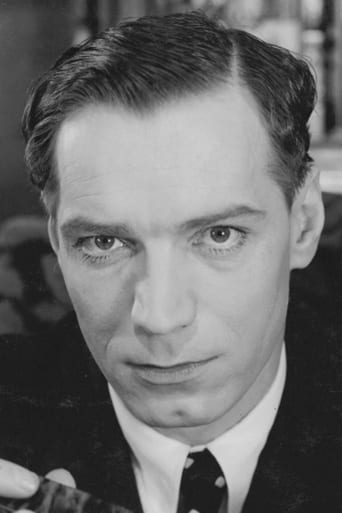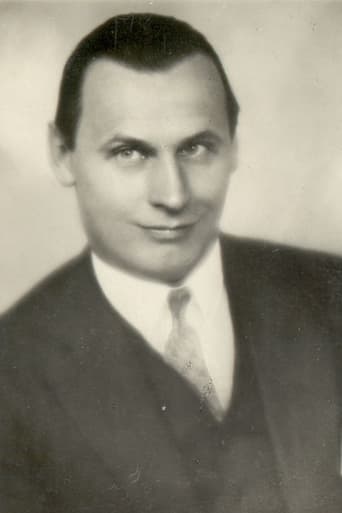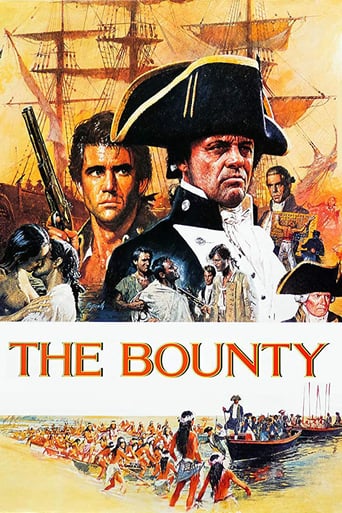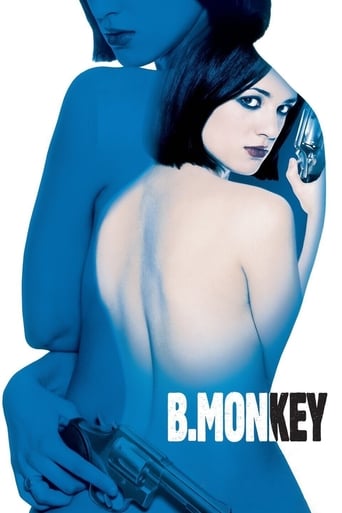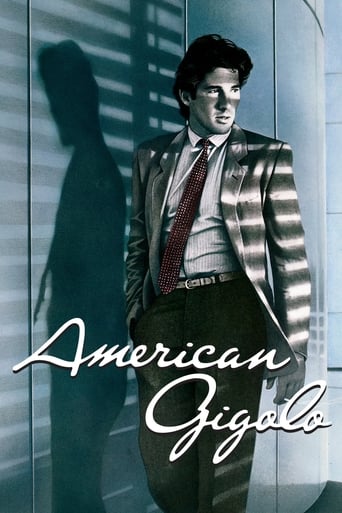The Love of Jeanne Ney (1927)
In the Crimea, the Reds and the Whites aren't done fighting, and Jeanne discovers that the man she loves is a Bolshevik (when he kills her father). Penniless, she returns to Paris where she works for her uncle. Soon after, her lover Andreas is in France to organize the sailors in Toulon. So also is a thief, traitor, and libertine, Khalibiev, who wants to seduce Jeanne. His schemes, Jeanne and Andreas's naivete, and a lost diamond bring the lovers to the brink of tragedy.
Watch Trailer
Cast


Similar titles
Reviews
One of my all time favorites.
I like movies that are aware of what they are selling... without [any] greater aspirations than to make people laugh and that's it.
I cannot think of one single thing that I would change about this film. The acting is incomparable, the directing deft, and the writing poignantly brilliant.
This is a small, humorous movie in some ways, but it has a huge heart. What a nice experience.
An elaborate, lavishly produced and decidedly pre-code melodrama largely set in Paris (and which contains some wonderful location work), director G.W.Pabst's camera sweeps through this film in energetic pursuit of the many characters, convolutions and coincidences thrown up in his path by novelist Ilya Ehrenburg.Most of the supporting cast overact enjoyably outrageously; Fritz Rasp actually gets to twirl his moustache a few times as the villain, while Robert Scholz is wonderfully sneering as the chief of police who thinks he has the hero at his mercy. Quieter performances are offered by leads Édith Jéhanne and Uno Henning, and two actors to become familiar as Hollywood expats are Sig Arno as a reporter who recovers a stolen diamond by pulling a parrot's head off, and Vladimir Sokoloff (one of the very few bona fide Russians in the cast), who it's nice to see in a sympathetic role substantially larger than most of those he later played in Hollywood.
Just saw this film and was very impressed with the style and story. Like all the others who have commented, I was immediately drawn in to the story and characters. Even though there were minimal subtitles, the story was not difficult to follow. It is a different way to tell a story where body movement and gestures replace the voice. The orchestral soundtrack was well matched to the mood and action. I had never heard of this film and only found it by accident when searching on whatever became of Bridgit Helm who did not pursue acting after (?) this final film. It is also a historical drama and has interesting details of life in that time. Definitely one of the great films of that era.
I know that G. W. Pabst is a world-famous director, so I know that many will disagree with me on this one, but I truly disliked "Die Lebe der Jeanne Ney". I also know that it has a much more than respectable overall score of 7.9...but I just thought the film was very overrated and there are much better German films of this era. Most of my reasons for disliking the film are because the script is just goofy and makes little sense, but I also thought that the performance of the supposedly blind woman was very poor and I would have expected more of Pabst.The film begins during the Russian Revolution. Jeanne and her father are there on some sort of diplomatic-type mission and her father laments that the years spent in the country have been a waste of time. At this point, you see Jeanne thinking about her experiences--falling in love with a Communist and her championing of the Bolshevik revolution. This is the sort of plot, by the way, that NEVER would have been allowed just a few years later during the Nazi years--no way would such a film ever see the light of day because it is pro-Communist.An evil schemer, Khalibiev, has created a list of supposed Communinists and sold it to Mr. Ney. Jeanne's lover comes to Ney to demand the list and in the process he kills his lover's father. Jeanne comes in to see this happen and soon flees to Paris to stay with an uncle. However, and this makes no sense at all, she STILL is in love with her Bolshevik boyfriend--even though she knows he murdered her father--who she supposedly loved!! Who writes this sort of stuff?! Once in Paris, Jeanne is lusted after by her nasty Uncle--who happens to be a private detective. At the same time, her blind cousin is courted by Khalibiev--who ALSO lusts after Jeanne!! Eventually the Uncle is killed by Khalibiev (it's a long story) and Jeanne's Communist lover (who just happens to be in Paris as well--it's odd how NONE of the Russians in the film seem to stay in Russia!!) is implicated. So, it's up to the plucky Jeanne to save the day.Very little of this movie seems plausible. Mostly it's because of Jeanne's unwillingness to bear some sort of grudge for the murder of her father, but there is still more that makes no sense. Khalibiev is a scoundrel but is so unsubtle and obvious you wonder why it took anyone more than a fraction of a second to suspect him! And as for the blind girl, she needed acting lessons and Pabst did nothing to stop this overacting. Get this....in her own home where she has lived for years, the lady gropes around like she's never been there before AND she never looks towards people when they talk. Had Pabst or this bad actress spent more than a minute or two with a blind person, then they would have realized this was all wrong. Yes, I expect that by 1927 the films had become sophisticated enough that they should have gotten this right.Overall, the film is a silly trifle and not much more. For a better German silent film, try something by Fritz Lang or F.W. Murnau...or a good film by G. W. Pabst, such as "Die Freudlose Gasse" or "Tagebuch Einer Verlorenen". Or, see and here Pabst's brilliant sound film "Westfront 1918", for that matter.
Like most films, The Love of Jeanne Ney is a melodrama, one of the right sort that absorbs you in the story. One hook is, or was, political, with a choice of sides in the Civil War in Russia, refined as support for workers in France, including Jeanne at her typewriter while her uncle does fancy deals. The lasting hook is the skill with which the film is made, particularly the handling of scenes on a train and outdoor scenes. These include lengthy tracking shots well edited together: the hero, running to keep up with an automobile, and especially a long walk through crowds in the market of Les Halles in Paris, which is Atget in motion. Without Pabst, no Renoir, no Altman.

